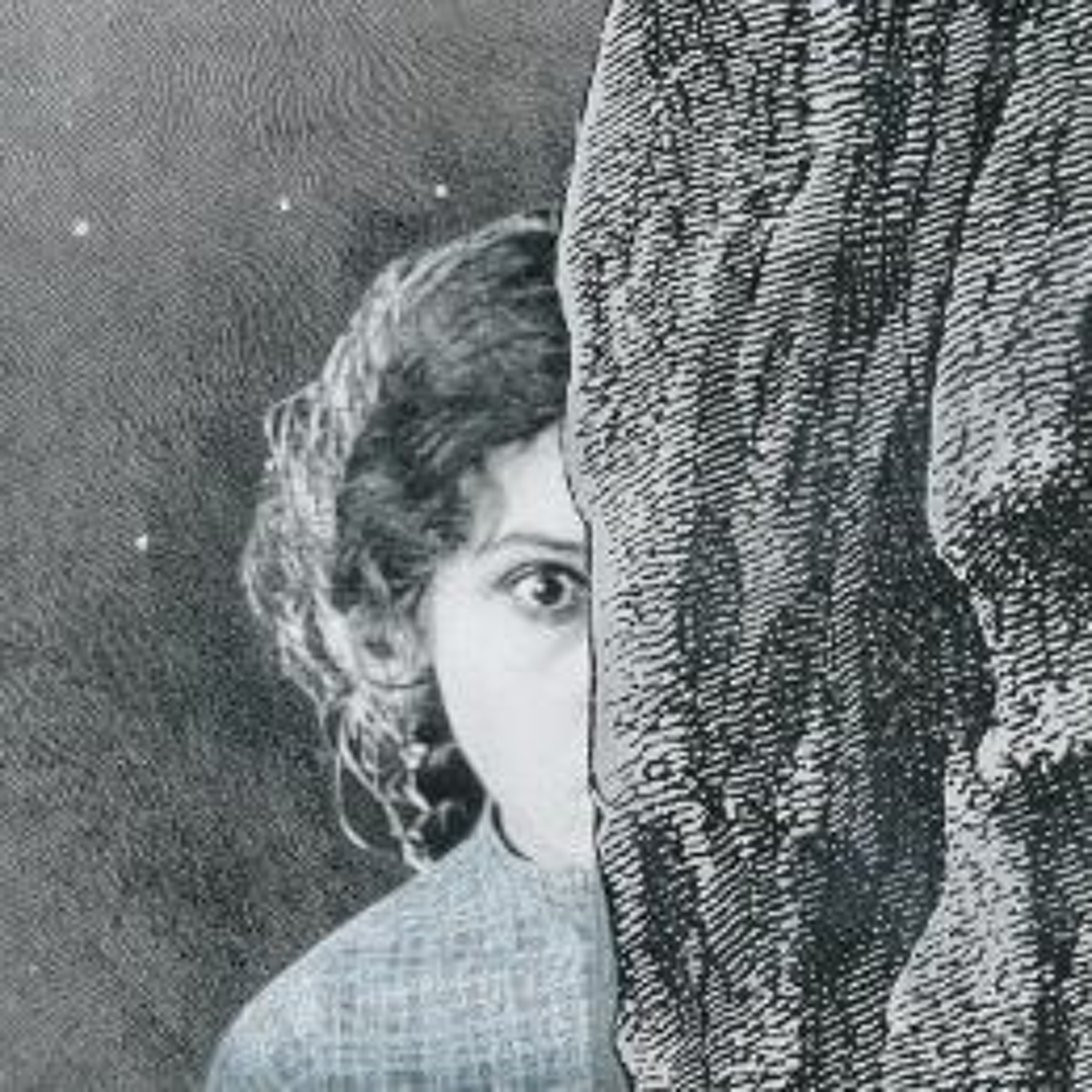- Culture
- SEE MORE
- classical
- general
- talk
- News
- Family
- Bürgerfunk
- pop
- Islam
- soul
- jazz
- Comedy
- humor
- wissenschaft
- opera
- baroque
- gesellschaft
- theater
- Local
- alternative
- electro
- rock
- rap
- lifestyle
- Music
- como
- RNE
- ballads
- greek
- Buddhism
- deportes
- christian
- Technology
- piano
- djs
- Dance
- dutch
- flamenco
- social
- hope
- christian rock
- academia
- afrique
- Business
- musique
- ελληνική-μουσική
- religion
- World radio
- Zarzuela
- travel
- World
- NFL
- media
- Art
- public
- Sports
- Gospel
- st.
- baptist
- Leisure
- Kids & Family
- musical
- club
- Health & Fitness
- True Crime
- Fiction
- children
- Society & Culture
- TV & Film
- gold
- kunst
- música
- gay
- Natural
- a
- francais
- bach
- economics
- kultur
- evangelical
- tech
- Opinion
- Government
- gaming
- College
- technik
- History
- Jesus
- Health
- movies
- radio
- services
- Church
- podcast
- Education
- international
- Transportation
- Other
- kids
- podcasts
- philadelphia
- Noticias
- love
- sport
- Salud
- film
- and
- 4chan
- Disco
- Stories
- fashion
- Arts
- interviews
- hardstyle
- entertainment
- humour
- medieval
- literature
- alma
- Cultura
- video
- TV
- Science
- en
203. Night Hunter

This audio tour has been made possible in part by the National Endowment for the Humanities: NEH CARES. Any views, findings, conclusions, or recommendations expressed in this audio, do not necessarily represent those of the NEH. Transcript The second film in the trilogy is Night Hunter. After I completed Phantom Canyon I knew I wanted to continue working with collages, but I was looking for a way to add psychological complexity to the characterizations. I had admired a performance by Lillian Gish in the D.W. Griffith film Broken Blossoms from 1919. Her portrayal of an abused child is quite staggering and vividly emotional. I thought I might be able to lift her from the scenes in that film and bring her into my own world. I began to cut her out of printed film frames and collage her into a mysterious house with a snake and confounding eggs where she is very much alone. I used fragments of 19th century Pre-Raphaelite illustrations to construct the collages. I ended up incorporating images from 4 of her silent-era films. Night Hunter explores a loss of control, heightened emotions, and maternal impulses. Gish expresses all of those magnificently. I create my films intuitively and don’t plan ahead. I’m inspired by Surrealist techniques, particularly those employed by women like Remedios Vara, Leonora Carrington and Frida Kahlo. Like them, my working process is organic and allows the unconscious to play a role. I am looking for a poetic alignment of elements, not a rational one. My films bring incongruous or unexpected objects into a pre-existing film frame or a newly assembled collage. Overtime, I’ve learned that these unanticipated conjunctions of actors and print elements create a kind of visual, energetic charge. I decided to create Night Hunter House following on an opportunity to premiere the film Night Hunter at the Denver Art Museum. While I was constructing the film, I had the idea that it would be interesting to try to create a sculptural facsimile of the house where the film is set, with its many mysterious rooms. I worked with an architect friend, Mark Sofield , and we designed a 10 room miniature house with a video screen in each room. Michael Schliske finalized and fabricated the piece. As you move around the house and look into the windows, you can watch nearly all of the film in discreet loops. Along with the media, each room contains an assortment of miniature objects I placed there that parallel the action in the loop. I love using miniatures and I think the enactment of voyeurism as we gaze through the windows opens up the scope of film. I find the intersection of sculptural object and media help draw the viewer into the fantasy realm of the film and place the two elements in conversation with one another.